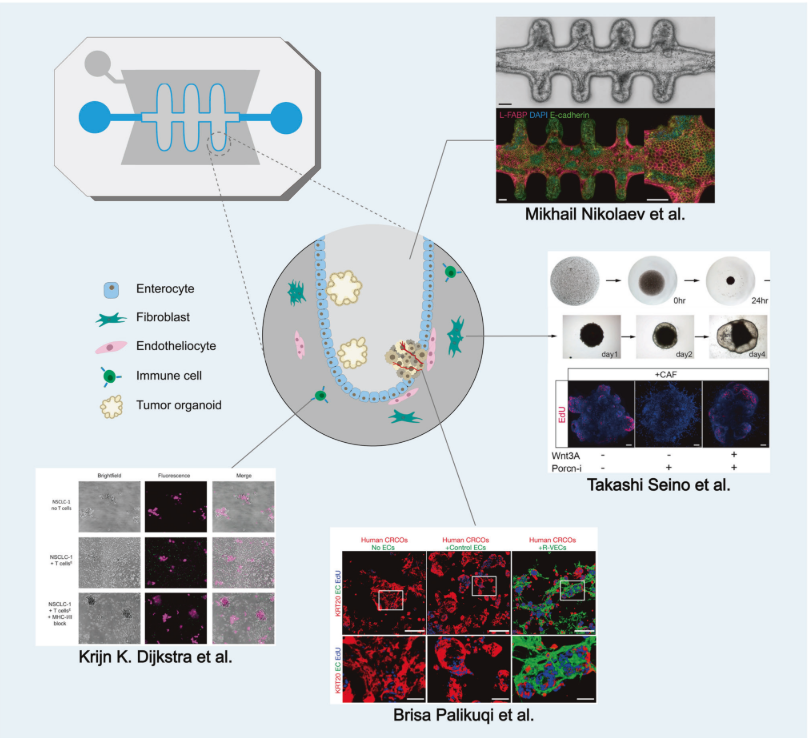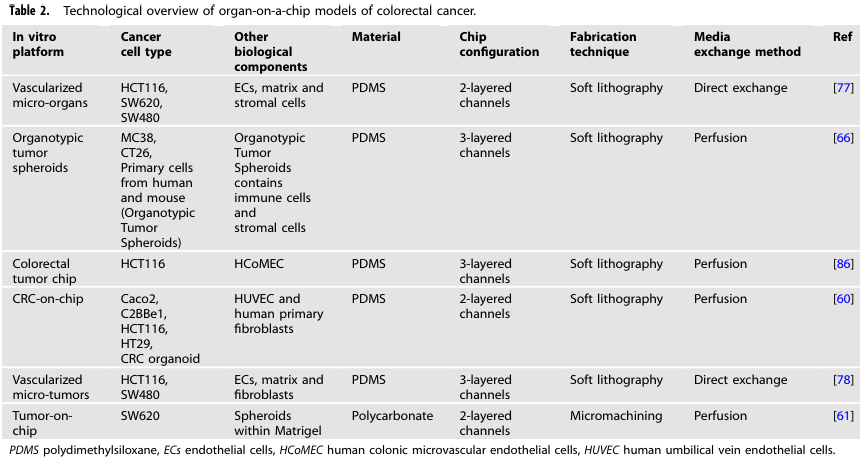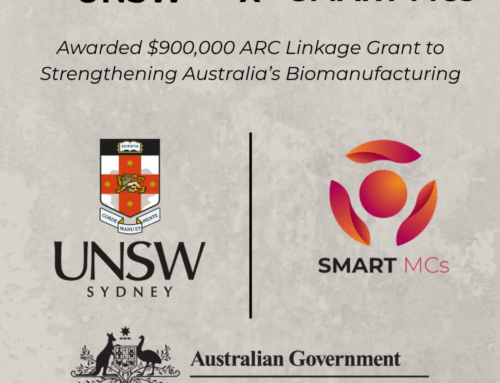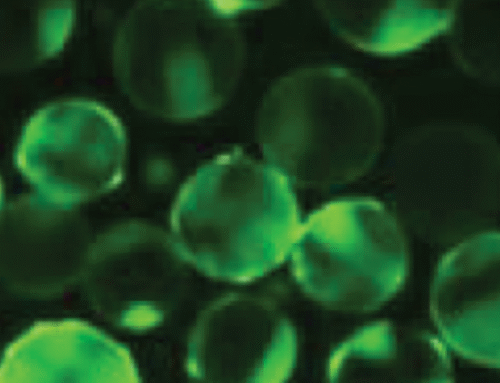Cancer treatment faces a multitude of challenges, notably the variation in tumor behavior across different patients. This heterogeneity necessitates personalized approaches to treatment that can adapt to the unique characteristics of each patient’s cancer. Recently, a review article shed light on innovative laboratory models that could be key to advancing these personalized treatments: organoids and organs-on-chips.
The Critical Role of Organoids and Organs-on-a-Chip
Organoids are three-dimensional in vitro models that have been developed over the past dozen years. They are capable of mimicking the cellular and molecular composition of the original tumor, thereby offering a promising avenue for developing personalized anticancer therapies. This includes applications in preclinical drug screening and in predicting how a patient might respond to a treatment. Meanwhile, organs-on-a-chip are innovative platforms that can simulate the tumor microenvironment by integrating multiple cell types. This allows for a more dynamic understanding of how cancers operate and respond to treatments within a controlled setting.
These models are not just theoretical but are proving to be practically effective. Studies have demonstrated organoids’ potential in accurately predicting drug responses, highlighting their significance in the move towards personalized medicine. The combination of organoid and organ-on-chip technologies enhances these models’ capabilities, providing a broader and more precise platform for cancer treatment research, including immunotherapy and anti-vascular therapy.
Biomaterials and Hydrogels: Enhancing Model Accuracy
A critical component in these models is the use of biomaterials, particularly hydrogels. These materials are essential for accurately replicating a patient’s tumor microenvironment in the lab. At Smart MCs, we understand the importance of this precision. That’s why we offer a diverse range of hydrogels that are ideal for organoid modeling, organ-on-a-chip devices, bioprinting, and more. Our products ensure that researchers have the best tools at hand for developing and testing personalized cancer treatments.

In-Depth Review of Organoids in Colorectal Cancer Treatment
A recent review article provides an extensive overview of how organoids and organs-on-chips can be used to predict the clinical efficacy of systemic treatments in colorectal cancer. This piece highlights the advantages and limitations of both techniques and discusses how they can complement each other effectively in clinical settings. It addresses open questions such as how to effectively transition the drug prediction capabilities of organoid models into clinical applications and how to optimize the integration of organoids with organ-on-chip technologies.
For researchers and healthcare professionals interested in the forefront of cancer treatment technology, this review is an invaluable resource. It not only underscores the potential of these models in refining cancer treatment but also points towards future directions for research and application.
For more information on our hydrogel products and how they can support your research in organoid and organ-on-a-chip technologies, please visit our website. At Smart MCs, we are dedicated to supporting the advancements in cancer treatment through superior biomaterials and innovative solutions.







Leave A Comment